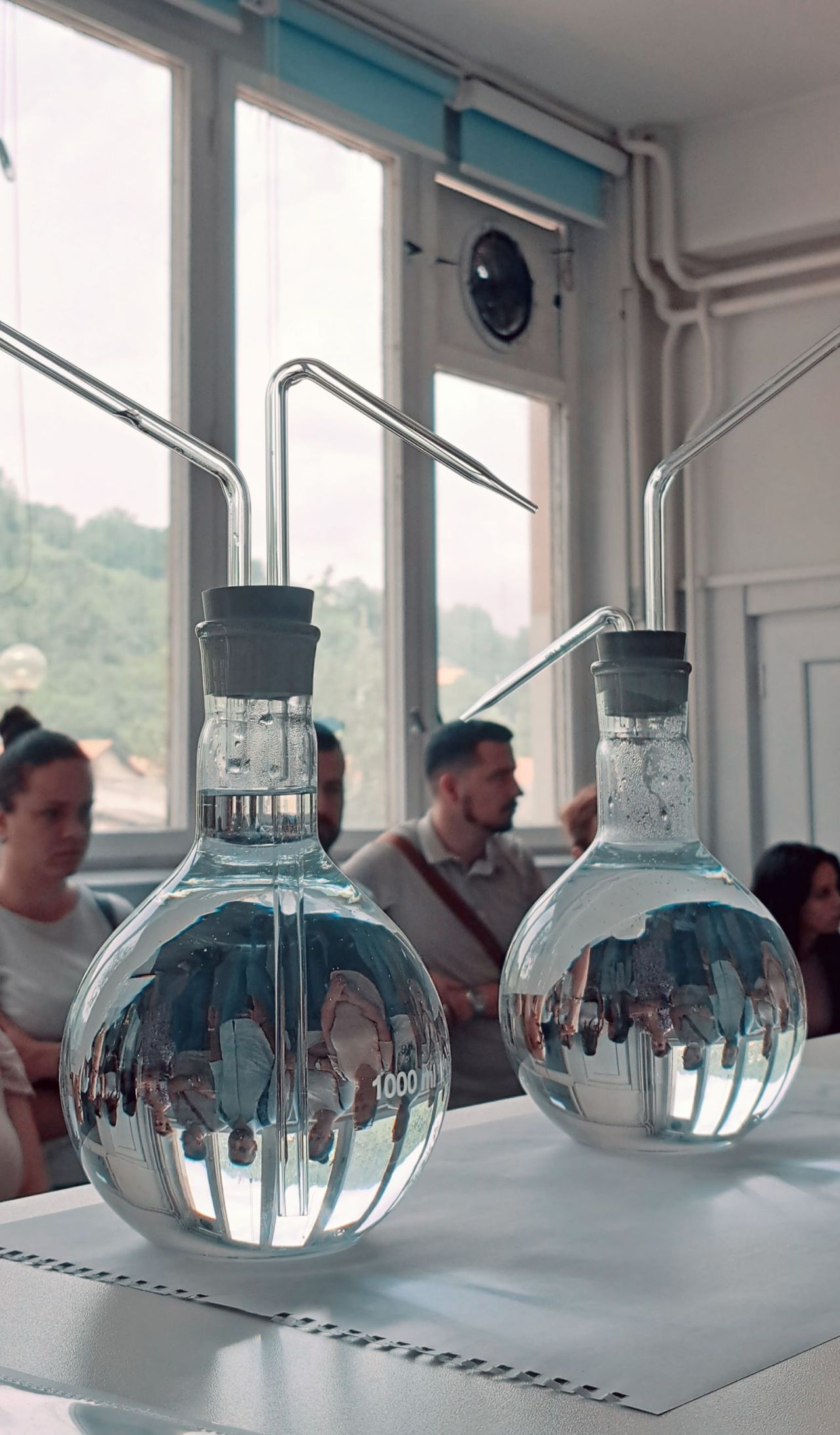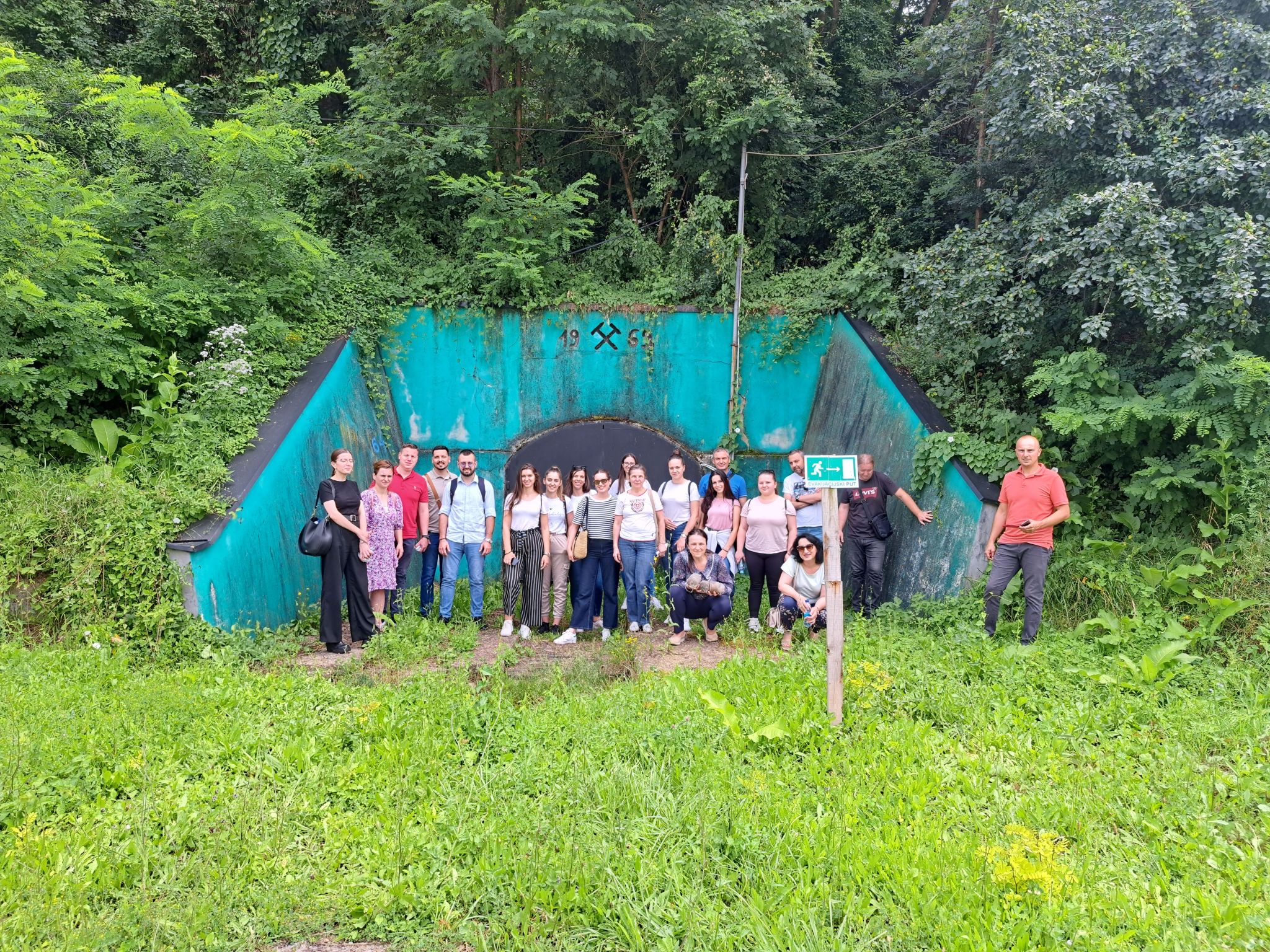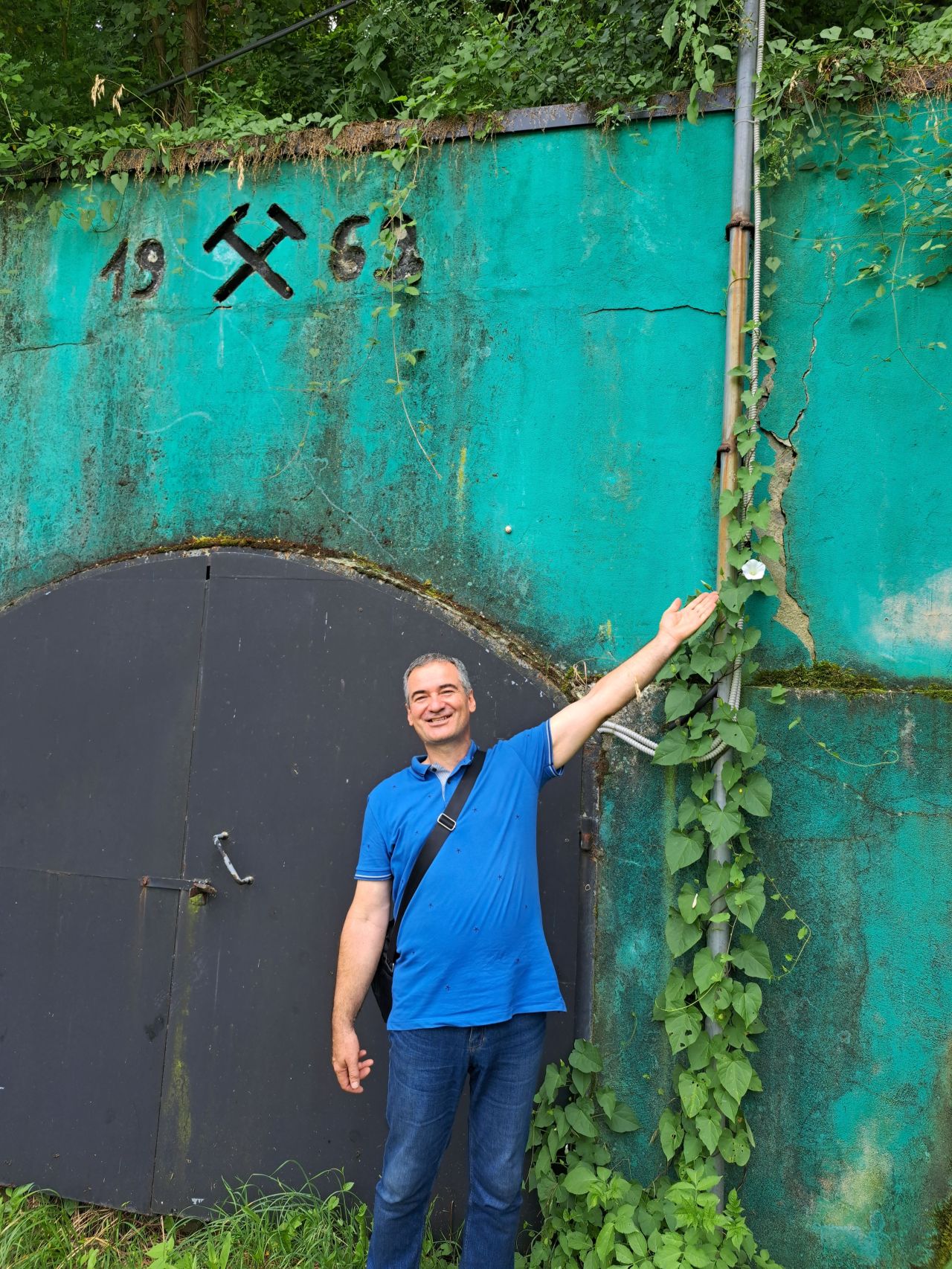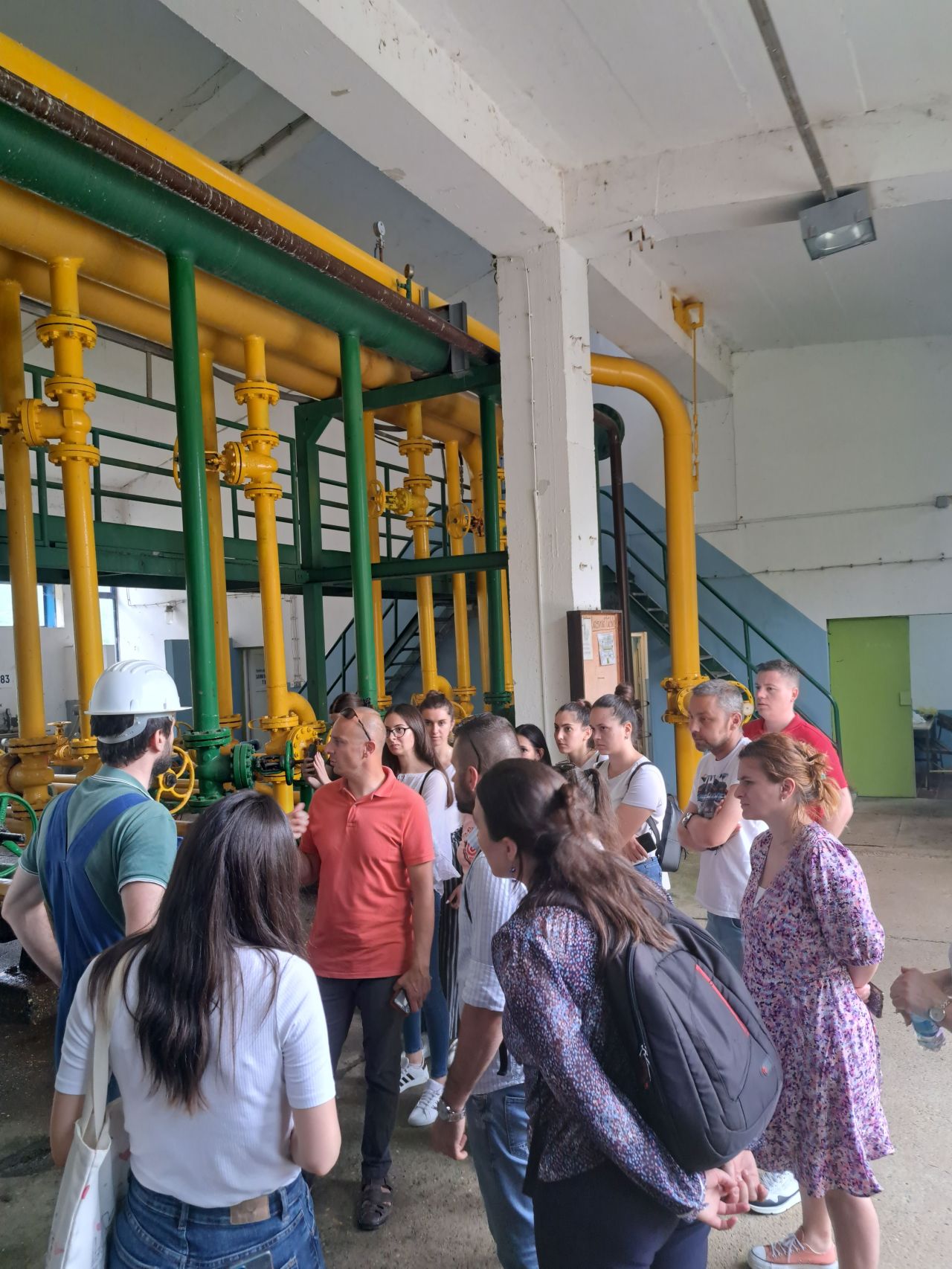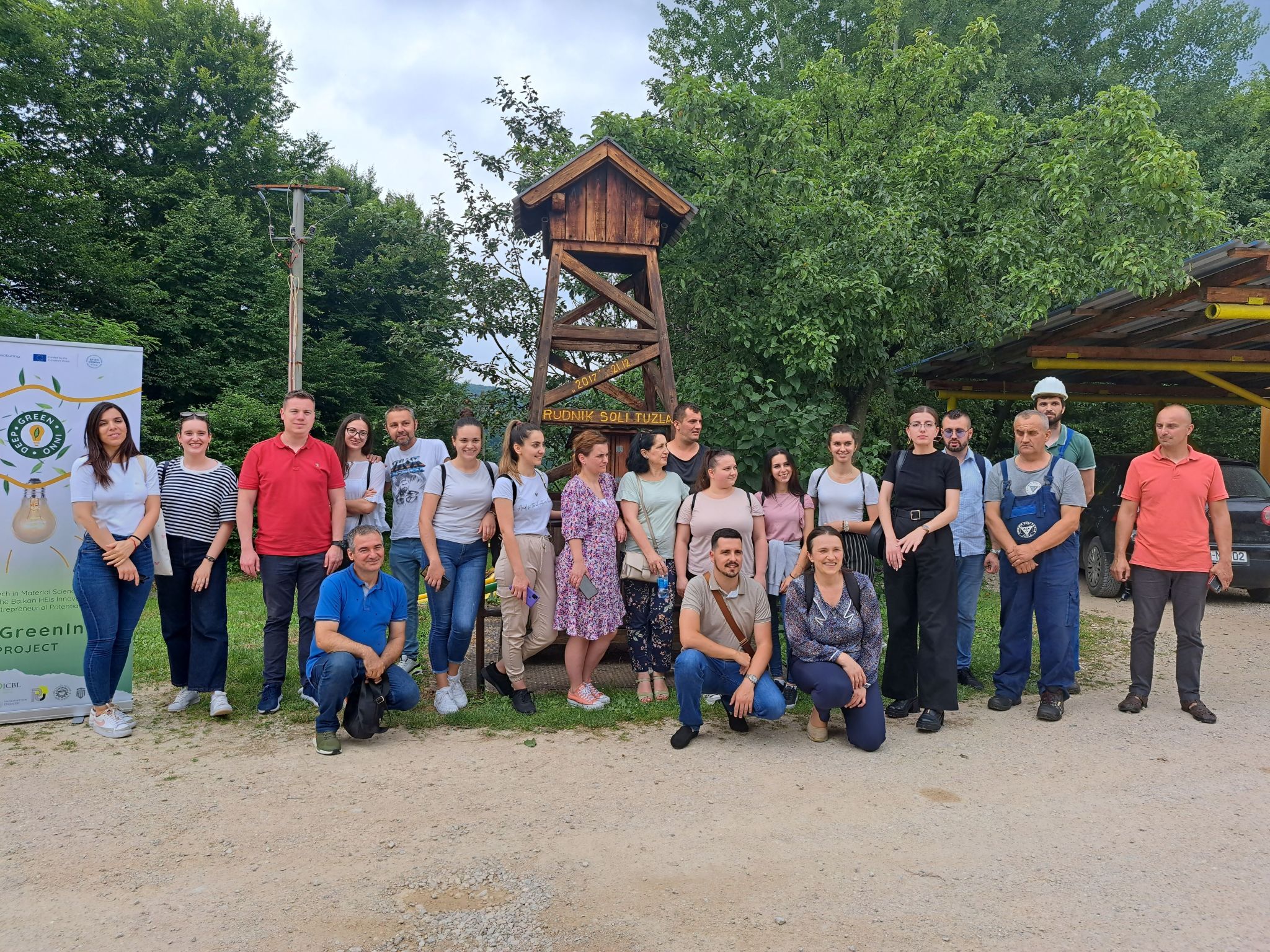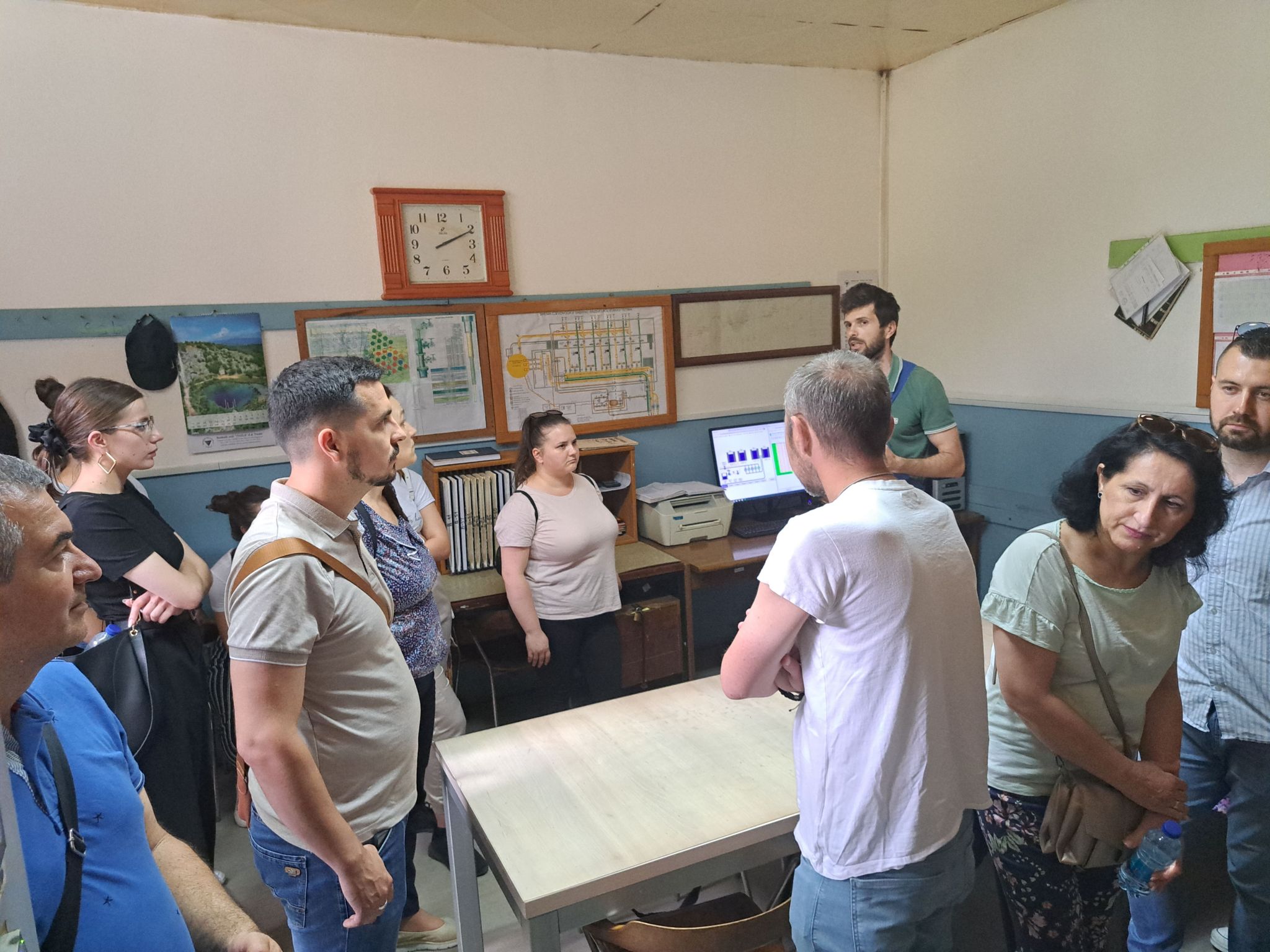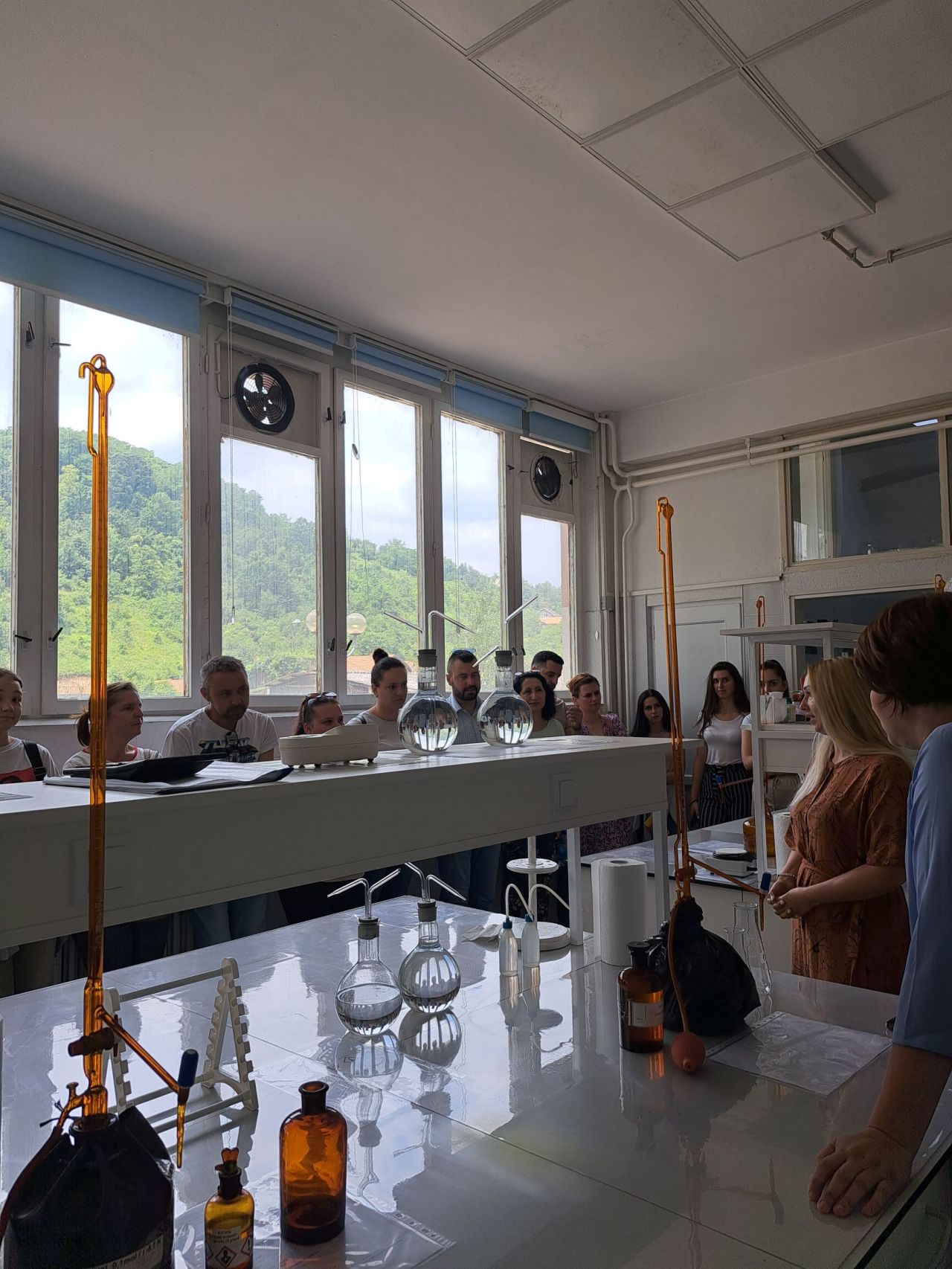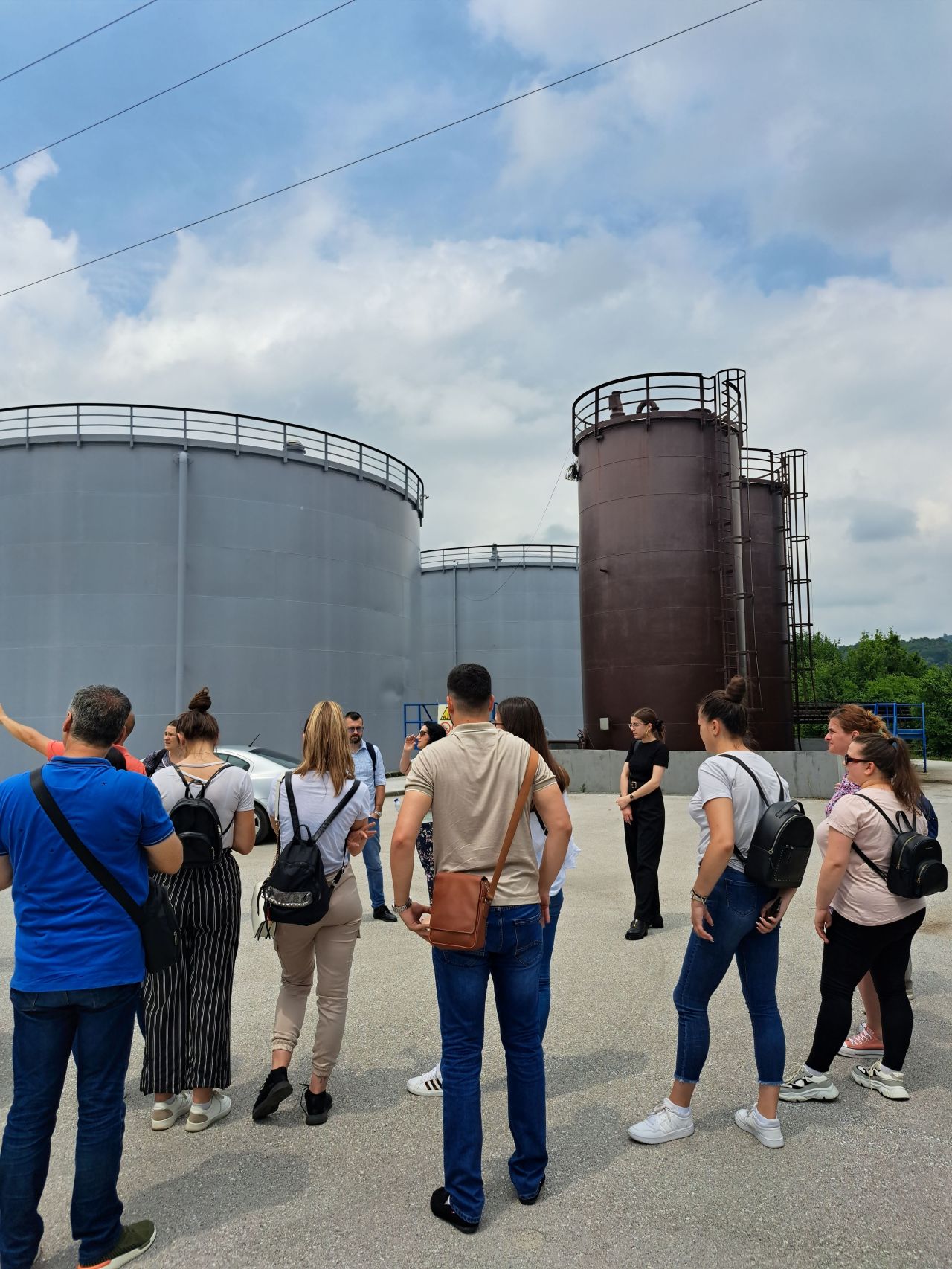TO SPRINKLE YOUR LUNCH OR TO DRIVE YOUR е-CAR: STUDY VISIT TO TUZLA TO EXPLORE THE POTENTIALS OF SODIUM
Industrial visits with students are one of the most important activities in DeepGreenInno project. Here we brought our most promising students to the salt (NaCl) mine ⚒ in Tuzla city to learn together about potential role of sodium in “greener” technologies 🌿 and green transition of European societies. What we would like everybody to know about, is the story about role of sodium in battery technologies. It was recently reviewed in:
https://www.nature.com/articles/s41578-021-00324-w
Although lithium-focused stories are making more “noise” in recent years due to the problems in Li availability, nevertheless, sodium might be a better solution in near future. Students were curious 🤔 about this large industry and had a great knowledge exchange with engineers and laboratory experts. None of them is going to take the kitchen salt 🍴 for granted anymore once they saw the Tetima deposit where sodium chloride is exploited from about 800m depth. They learned how engineers and technicians use the carefully designed process to preserve the natural habitat and prevent the landslides. They use the fine tuning with the sensors and remote control in doing so. After extraction, salt concentrate is transported over 16 km to the two large industries: kitchen salt factory and sodium hydrocarbonate factory.
However, with this visit we wanted students to question if Bosnian salt deposits in Tuzla are maybe a candidate to further strengthening this country’s economy by producing the batteries in the future. Na-batteries progressed a lot ⚡ and might soon become competitive with their Li counterparts in terms of power density and reliability. Na-cells do not fully achieve the same specific energy and energy density, but are much cheaper and also, the same manufacturing capacities can be used for production of Li and Na-cells. Being the alternatives or complementary to Li-based systems the role of kitchen salt in its 2000 years history in Bosnia and Herzegovina was maybe to trace the key 🗝 for greener electrochemical energy storage.
